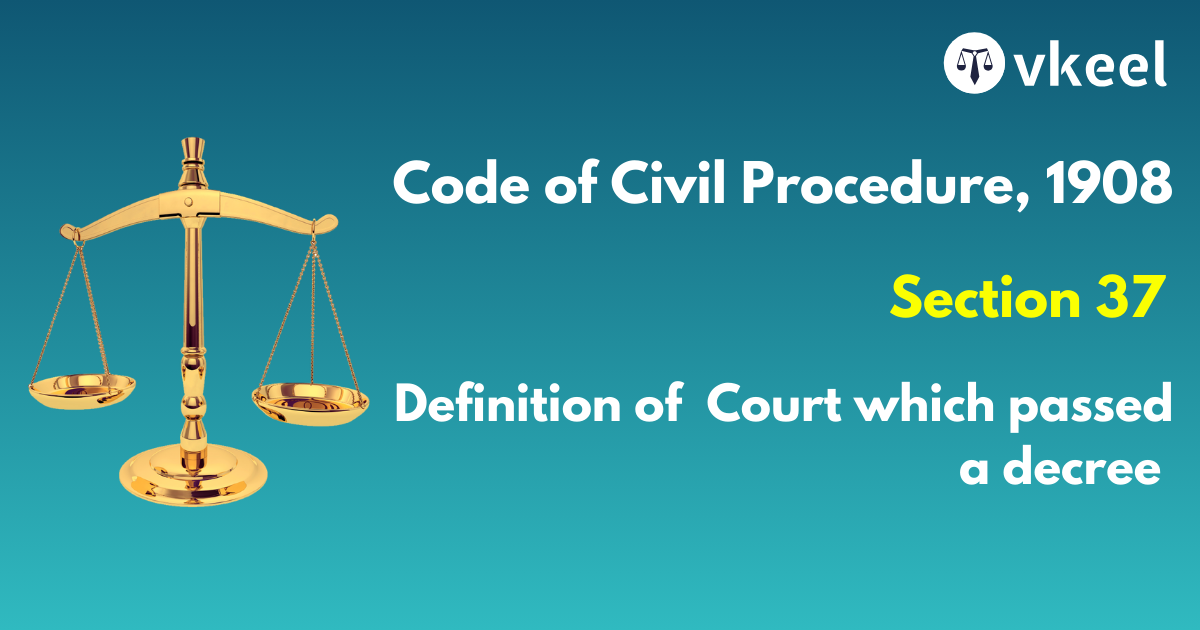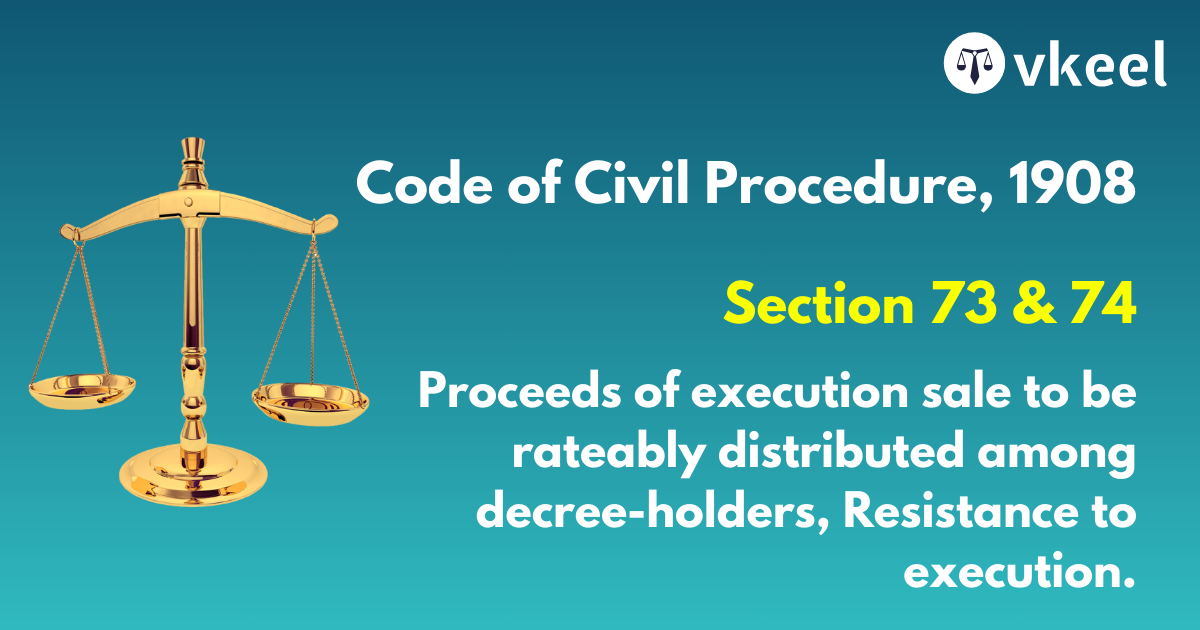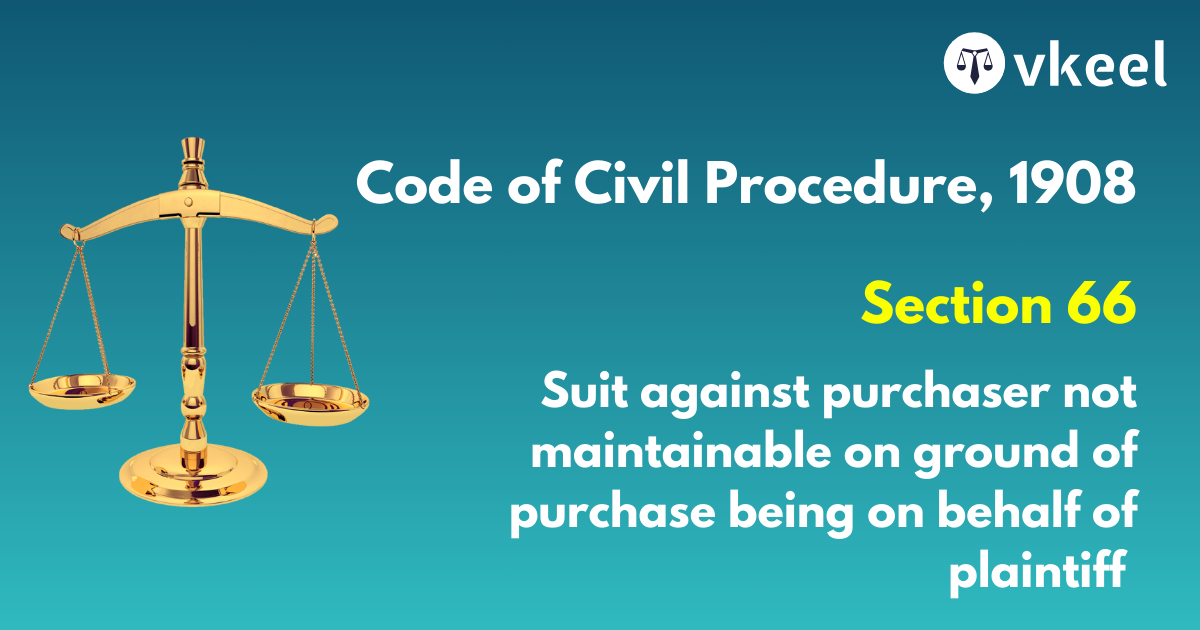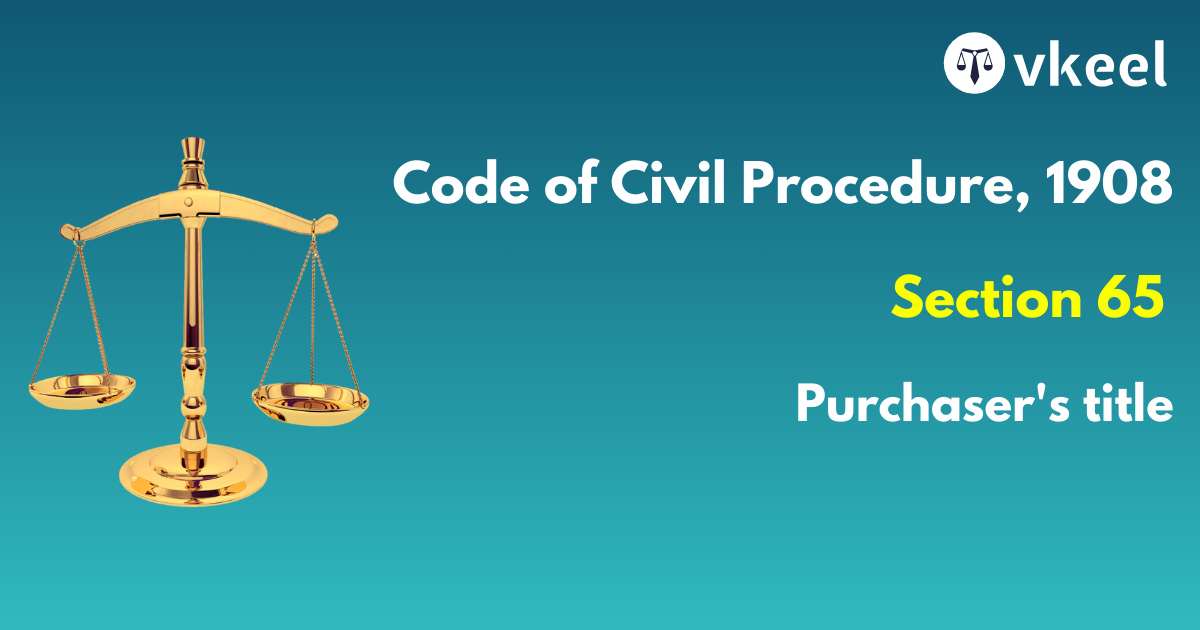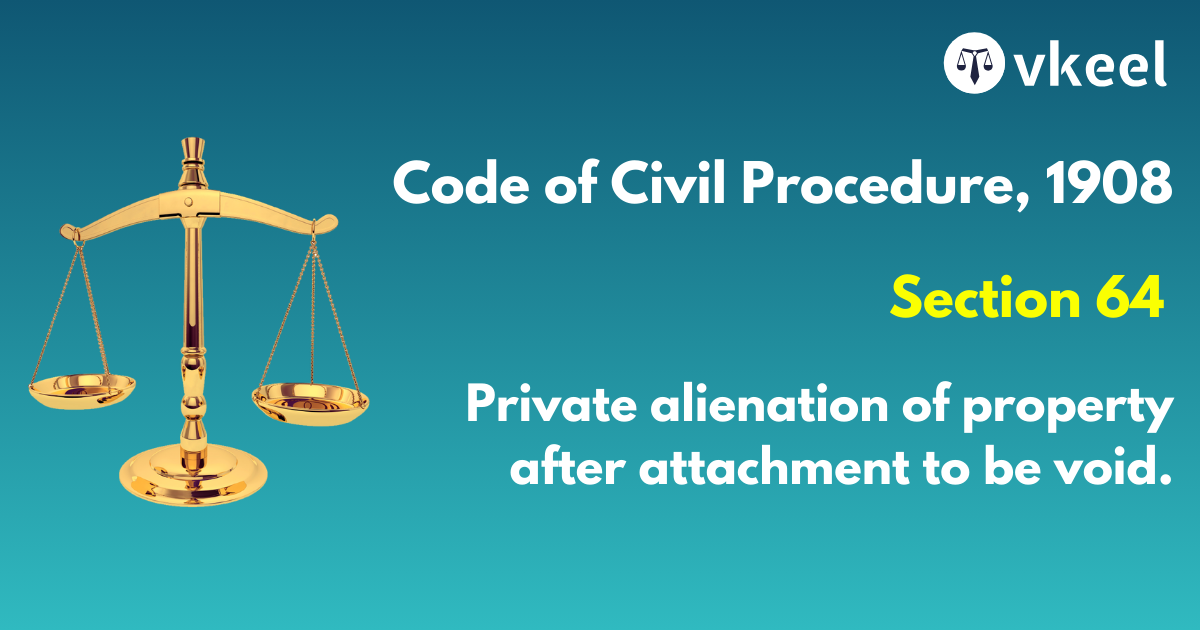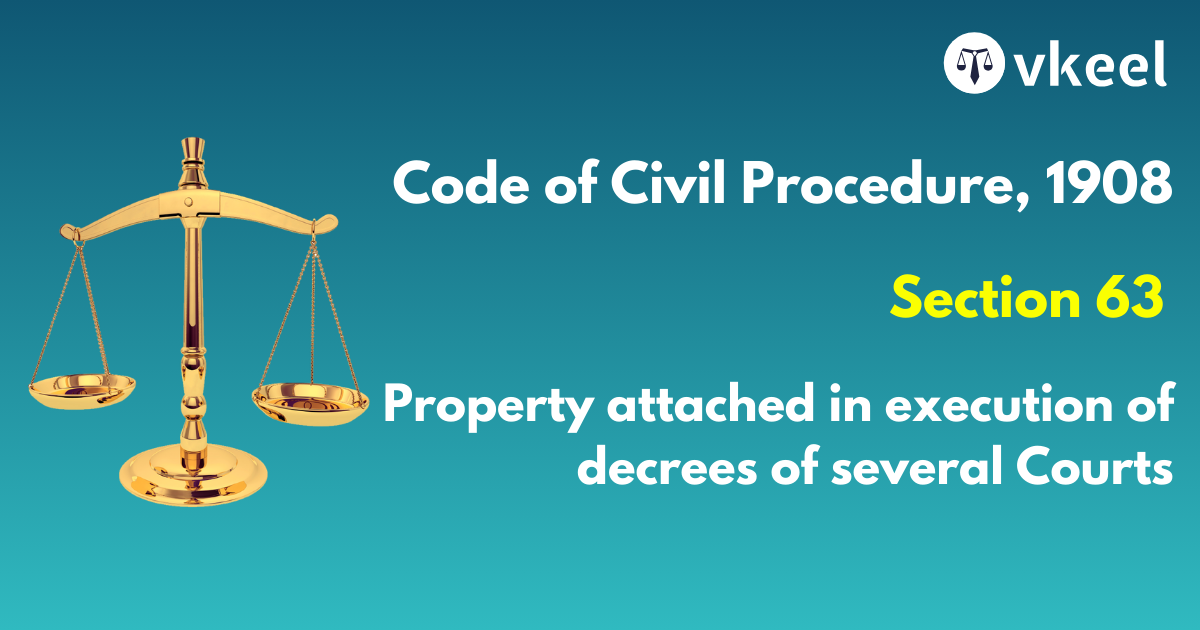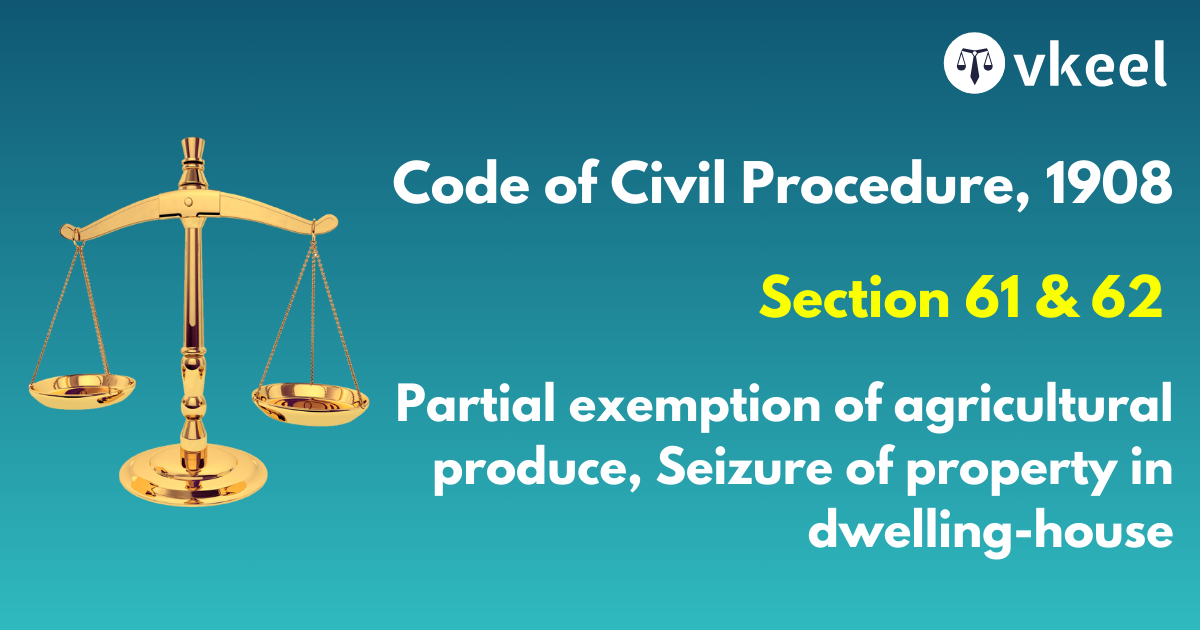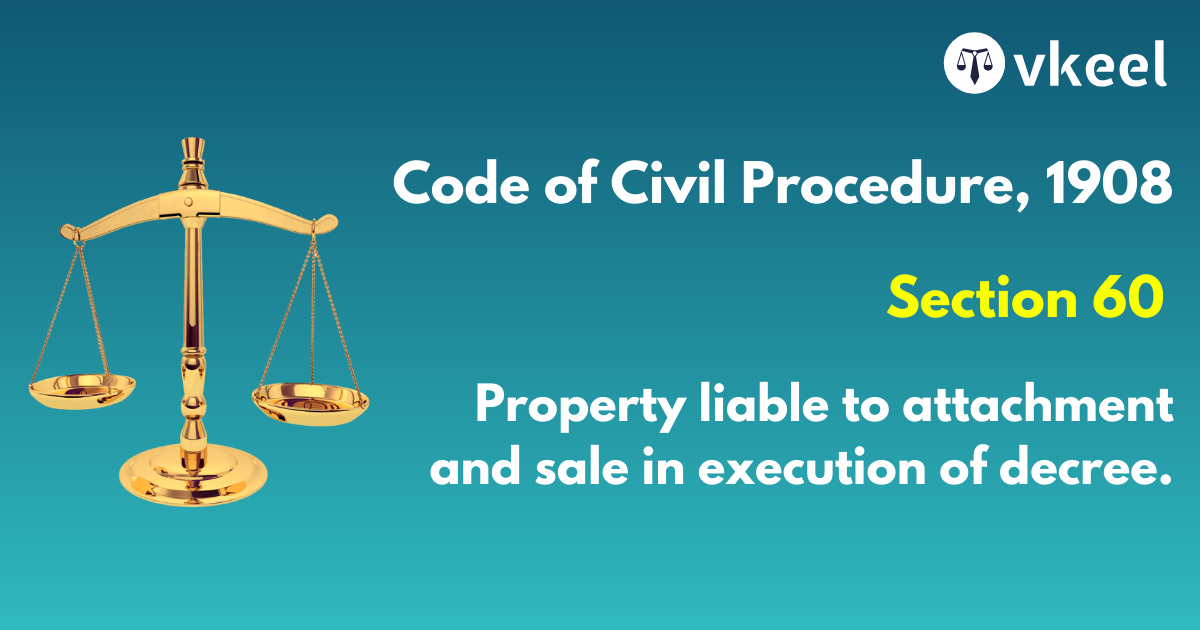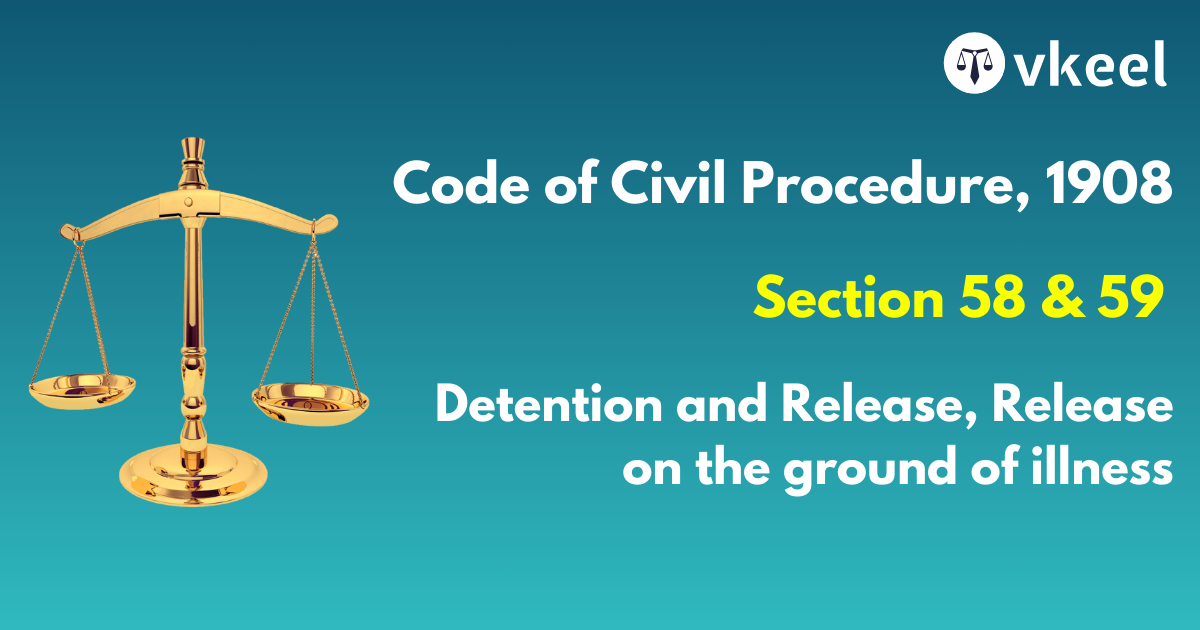Section 37 of Code of Civil Procedure,1908
By Joy Puri
Introduction
The Section 37 of the Code of Civil Procedure, 1908 envisages about the expression of the Courts which passed a decree.
The enumeration of the words therefore provides a better and a clear understanding to the readers of the provision.
It further opines that if the decree is transferred for execution, the court to which it is transferred also becomes the competent court for execution in the respective matter.
This section therefore clarifies the conflict that both the original court and the transferee court are considered “courts of execution” for the purposes of enforcing the decree in the judicial system of the country.
Definition of Court which passed a decree.
The expression “Court which passed a decree,” or words to that effect, shall, in relation to the execution of decrees, unless there is anything repugnant in the subject or context, be deemed to include,
(a) where the decree to be executed has been passed in the exercise of appellate jurisdiction, the Court of first instance, and
(b) where the Court of first instance has ceased to exist or to have jurisdiction to execute it, the Court which, if the suit wherein the decree was passed was instituted at the time of making the application for the execution of the decree, would have jurisdiction to try such suit.
Explanation – The Court of first instance does not cease to have jurisdiction to execute a decree merely on the ground that after the institution of the suit wherein the decree was passed or after the passing of the decree, any area has been transferred from the jurisdiction of that Court to the jurisdiction of any other Court; but, in every such case, such other Court shall also have jurisdiction to execute the decree, if at the time of making the application for execution of the decree it would have jurisdiction to try the said suit.
Landmark Case Laws
Bhoomatha Para Boiled Rice & Oil Mill Vs Maheshwari Trading Co, AIR 2010
An application for enforcement of arbitral award need not always be filed before the District Court, an arbitral award can be filed before competent Civil Court having territorial and pecuniary jurisdiction if the case is assigned to such Court.
Durga Vs Benodini, 48 Cal WN 535
An order for costs passed by the High Court in refusing leave to appeal to the Privy Council is not passed by that court in appeal but in a special jurisdiction. The trial court cannot therefore execute it unless it is transferred by the High Court for execution. When transferred, the trial court cannot retransfer it to another court for execution.
Indra Singh Vs Ramcharan, 2003
The Court to which subject matter of the suit has been transferred can also execute the decree and the Court to which the case is transferred acquires an inherent jurisdiction to execute the decree
Sreenath Vs Priyanath, 35 Cal WN 77
There is a distinction between executing a decree and entertaining an application for its execution and the decree-holder always had and still has the right to apply, as of course, to the court which passed the decree for its execution, even if it be in respect of property outside the territorial jurisdiction of such court and even if execution by such court can be no more than transmission to another court.
Bhavan Vs Solanki, 1972
It is true an executing court cannot go behind the decree. But that does not mean that it has no duty to find out the true effect of that decree. For construing a decree it can and in appropriate cases it ought to take into consideration the pleadings as well as the proceedings leading up to the decree. In order to find out the meaning of the words employed in a decree, the court often has to ascertain the circumstances under which the words came to be used.
Masrab Vs Debnath,1942
The word “includes” though it extends the meaning of the expression “court which passed the decree” in one sense, does in another sense restrict it. The effect of the words is to exclude in the circumstances specified in clauses (a) and (b) the original court and substitute for it another court which for purposes of the section is to be regarded as the only court which passed the decree. The expression “jurisdiction to execute it” in clause (6) means and includes the competence of the court to entertain an application for execution of the decree. It may happen that in certain circumstances a court may not effectively execute a decree, but that does not mean that it has ceased to have jurisdiction to execute it. It still remains the competent court for the purposes of execution though the decree-holder might have to apply for transmission of the decree to another court for obtaining the relief which he wants.
Conclusion
By defining the particular words, the section 37 therefore proves itself to be beneficial for the authorities or the people who read the act.
To conclude, the Section 37 of the Code of Civil Procedure is based on the fundamental pillar of providing clarity to the terms regarding the suit.
Disclaimer:
The information provided in the article is for general informational purposes only, and is not intended to constitute legal advice or to be relied upon as a substitute for legal advice. Furthermore, any information contained in the article is not guaranteed to be current, complete or accurate. If you require legal advice or representation, you should contact an attorney or law firm directly. We are not responsible for any damages resulting from any reliance on the content of this website.

